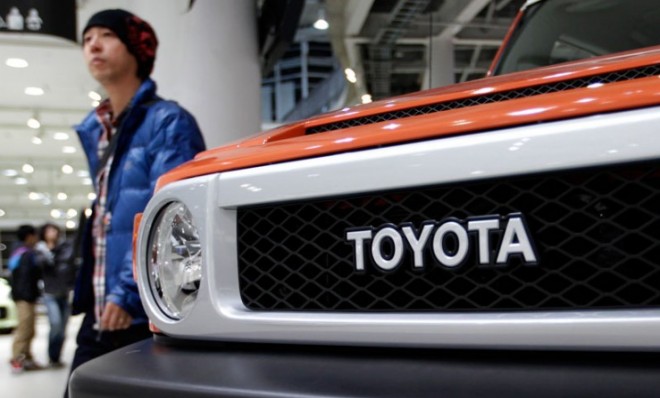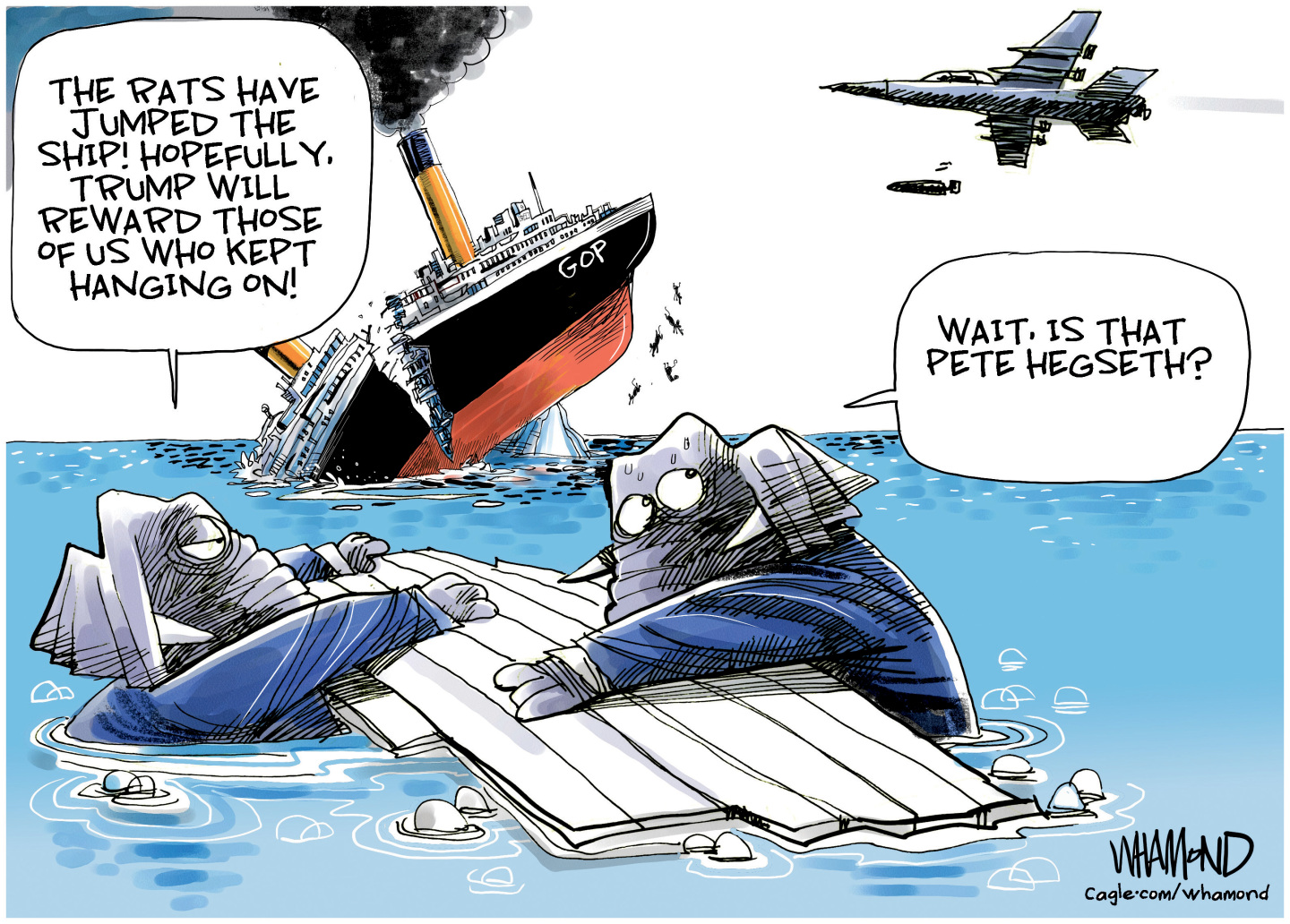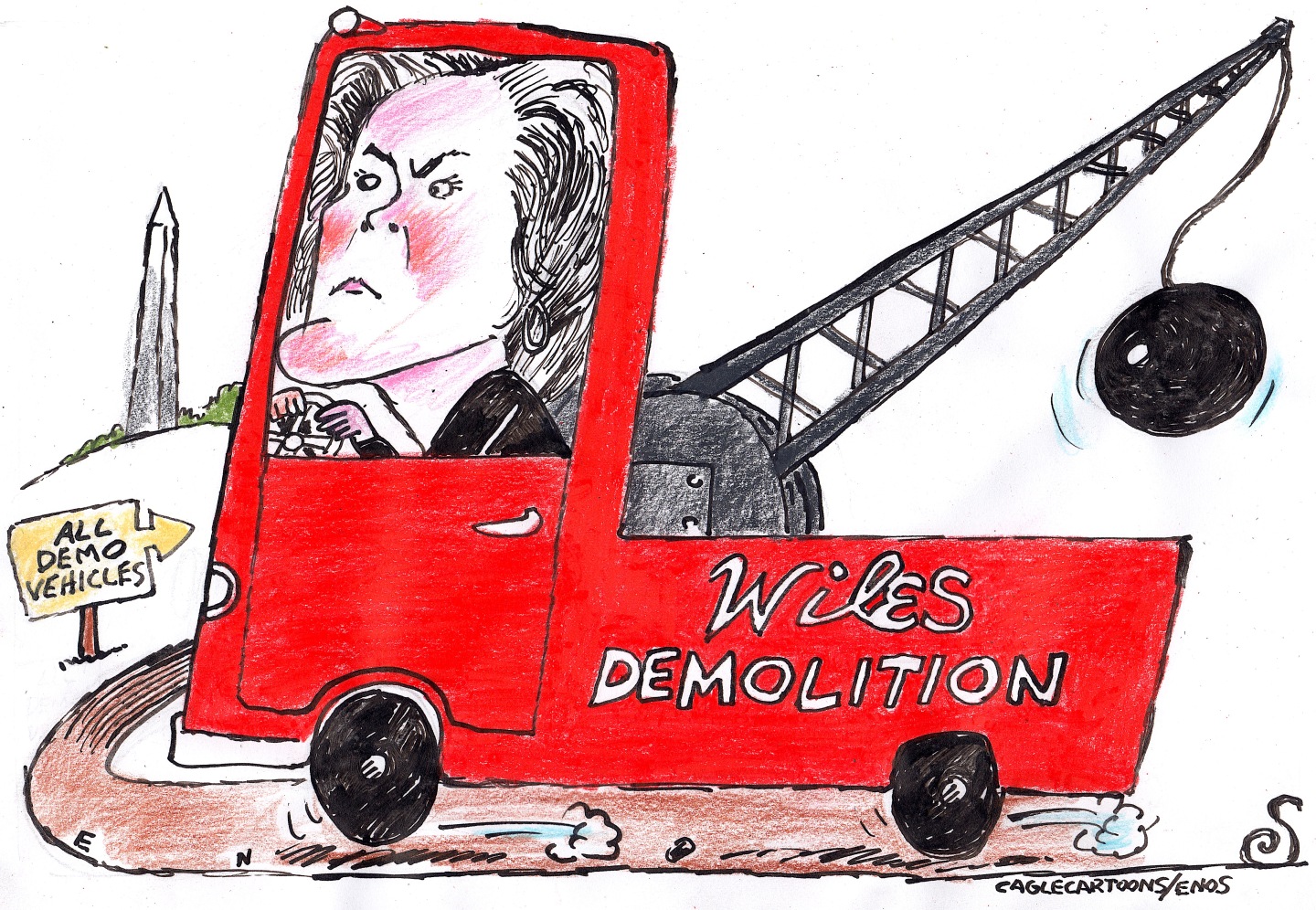Toyota's $1 billion settlement: Has the automaker buried its recall problems?
The Japanese company is seeking to restore its reputation for quality and safety


On Thursday, Toyota announced that it would shell out $1.1 billion to settle charges stemming from the unintended acceleration of its vehicles, which led to a highly publicized series of recalls in 2009 and 2010. Owners of the vehicles will be eligible for new safety features, including a brake override system, and former owners who sold their Toyotas for a loss will be reimbursed with direct payments. The hefty settlement, considered the largest of its kind, is Toyota's boldest move yet to shed its image as the maker of runaway cars, which took a heavy toll on the company's bottom line, says Mike Ramsey at The Wall Street Journal:
The 2009/2010 recalls and public scrutiny of accidents involving its vehicles — including congressional hearings — dented Toyota's reputation for quality and undermined its sales. Its U.S. sales were flat in 2010, a year in which almost every other major auto maker posted gains, and ended its 30-year unbroken run of market-share increases in the U.S.
In all, Toyota ended up recalling 5.3 million vehicles in the U.S. for problems related to floor mats that caused accelerators to jam. An additional 2.2 million cars were recalled for having accelerator pedals that stuck on their own. In addition to the latest $1.1 billion settlement, Toyota expects to pay another $2 billion in legal costs. And the company still has to contend with a raft of personal-injury and wrongful-death cases, as well as a class-action suit brought by 28 states for business practices.
However, Toyota emerged from the settlement in a stronger position than when the suit started. The company had been accused of implementing a faulty electronics system in its cars, but government officials concluded that wasn't the case. Indeed, the government concluded that driver error was the main cause of most of the accidents cited in the suit. In addition, Toyota did not admit wrongdoing in the settlement.
The Week
Escape your echo chamber. Get the facts behind the news, plus analysis from multiple perspectives.

Sign up for The Week's Free Newsletters
From our morning news briefing to a weekly Good News Newsletter, get the best of The Week delivered directly to your inbox.
From our morning news briefing to a weekly Good News Newsletter, get the best of The Week delivered directly to your inbox.
And it appears that customers have learned to trust Toyota again. After a 2011 marred by the Japanese tsunami and earthquake, Toyota is on track to reclaim its crown as the world's largest automaker. The company's U.S. sales are up 29 percent so far this year. "Toyota's outstanding performance this year is proof that consumer sentiment for the company’s products has already recovered to a degree as if nothing ever happened," Jesse Toprak, an analyst at TrueCar.com, tells Forbes.
A free daily email with the biggest news stories of the day – and the best features from TheWeek.com
Ryu Spaeth is deputy editor at TheWeek.com. Follow him on Twitter.
-
 Political cartoons for December 20
Political cartoons for December 20Cartoons Saturday’s political cartoons include drowning rats, the ACA, and more
-
 5 fairly vain cartoons about Vanity Fair’s interviews with Susie Wiles
5 fairly vain cartoons about Vanity Fair’s interviews with Susie WilesCartoon Artists take on demolition derby, alcoholic personality, and more
-
 Joanna Trollope: novelist who had a No. 1 bestseller with The Rector’s Wife
Joanna Trollope: novelist who had a No. 1 bestseller with The Rector’s WifeIn the Spotlight Trollope found fame with intelligent novels about the dramas and dilemmas of modern women